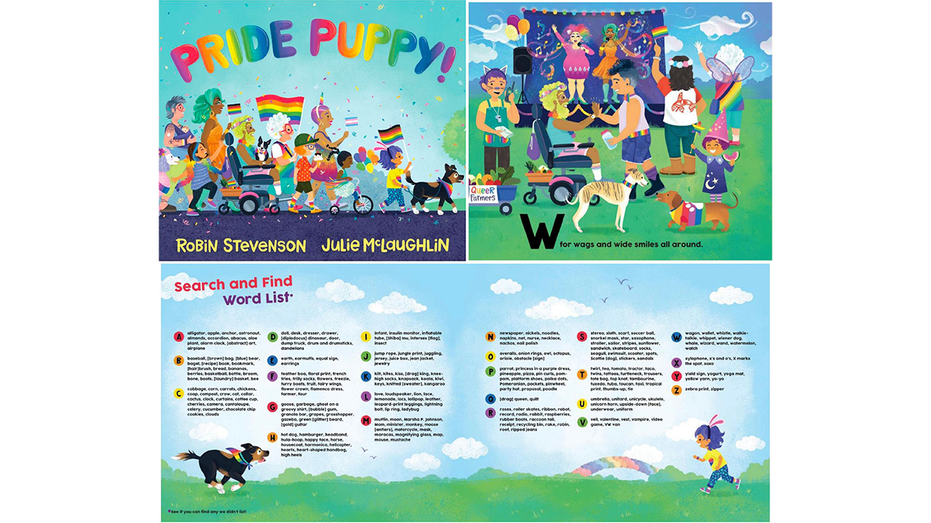
Supreme Court Reviews Controversial LGBTQ Children’s Storybooks
In an unprecedented session on Tuesday, the Supreme Court justices engaged in heated discussions regarding the use of children’s LGBTQ storybooks in a Maryland school district. This debate has ignited a broader conversation about LGBTQ representation in education, particularly in the context of young children.
Tense Exchanges in the Courtroom
The atmosphere in the courtroom became particularly charged when Justice Neil Gorsuch exchanged words with the lawyer representing the Maryland school district. Gorsuch questioned if the stories were merely for educational purposes or if they amounted to what he described as ‘bondage’ to a specific ideology.
“The messaging involved seems to go beyond simply introducing children to diverse perspectives,” Gorsuch remarked, adding weight to the ongoing debate over how far schools should go in discussing LGBTQ themes.
The Arguments For and Against
- Supporters of LGBTQ Storybooks: Advocates argue that children’s literature featuring LGBTQ themes can foster inclusivity, empathy, and understanding among students. They believe that exposure to a variety of identities helps children appreciate diversity.
- Opponents’ Concerns: Critics, including some parents and advocacy groups, fear that such teachings could negatively influence the children’s moral framework. They express that discussions about sexuality should be left to families, rather than introduced in school settings.
The Broader Context
This case is not an isolated incident. Similar debates are surfacing across the United States. Some school boards have faced lawsuits and public outcry regarding their curricula featuring LGBTQ content.
According to recent polls, a significant portion of the American public supports inclusive education, but perspectives differ sharply along party lines. A survey indicated that 60% of Democrats favor LGBTQ-inclusive curricula in elementary schools, while only 30% of Republicans agree.
Case Implications on Future Educational Policies
The outcome of this case could set a vital precedent for how schools across the nation approach LGBTQ content. Experts warn that any rulings made can influence not just local policies but may also ignite further national discourse on educational standards and children’s rights.
“This is a pivotal moment for educators, policymakers, and parents alike,” said Dr. Stephen Albright, an educational policy expert. “How the court interprets educational content can promote either inclusivity or division across educational systems.”
Public Reactions
Social media platforms lit up following the courtroom exchanges, with heated discussions and hashtag movements emerging. Supporters of LGBTQ representation hailed the arguments made in favor of the storybooks, while detractors voiced concerns regarding parental rights in education.
One prominent Twitter user commented, “This is not just an education issue; it’s about ensuring all children see themselves in the stories that educate them! #InclusiveEducation”
Conclusion and Next Steps
As the Supreme Court deliberates further, all eyes are on what this decision will mean for the present and future dynamics of school curricula. Advocates on both sides are gearing up for the implications of the ruling and preparing to mobilize their bases in anticipation of the court’s decision.
Reference: [Source: Fox News]
